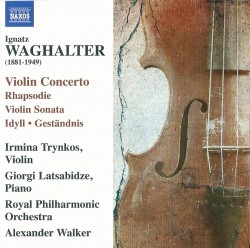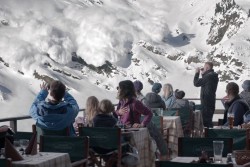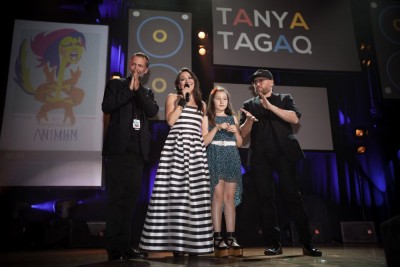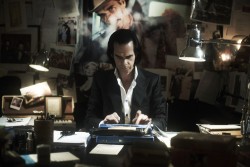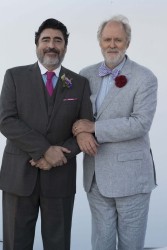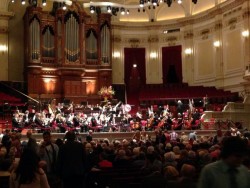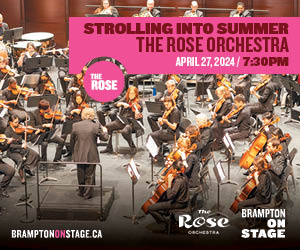While we generally think of Elizabethan England as a Golden Age for the Arts, we often forget the political culture of paranoia, suspicion, and suspension of personal rights and freedoms that plagued England at the beginning of the 17th century. The average English citizen could expect to be detained indefinitely, tortured, and even executed if it was suspected that he was a member of a religion that was deemed by the English Crown to be hostile to English interests – namely, Catholicism. This was the theme of the Musicians in Ordinary's latest concert at Carr Hall at St. Michael's College, exploring the sacred music sponsored and composed by the undercover Catholics of England in a dangerous climate of religious persecution.
It didn't look like the Musicians in Ordinary had a particularly large body of work to choose from (given that the concert was dedicated to music that, by its very nature, was intended to remain as secret as possible) but despite lasting little over an hour, MiO managed to put together a comprehensive survey of composers from the English Renaissance, including Byrd, Robert Johnson, Tallis and Nicholas Strogers, and lutenist John Edwards played several solo English lute pieces as well as accompanied soprano Hallie Fishel with the help of a very fine violin band led by violinist Chris Verrette.
It was an interesting theme for a concert both from a historical and musical perspective, and the pre-concert lecture, given by Reverend Lisa Wang describing the persecution endured by Catholics in Elizabethan England was a welcome addition to the evening, but St. Mike's needs to invest in a stage manager if only to remind the octagenarian members of the concertgoing public that they are carrying cell phones that need to be turned off before the concert starts (yes, if you go to a classical concert in Toronto in 2014, someone's cell phone will still ruin part of it). The performers were further hindered by Carr Hall's air-conditioning system, which was left on throughout the concert and was loud enough to render most of the music, especially the lute solos, inaudible (which would have been bad enough without letting a techinician come in mid-concert to try to turn off said air conditioning with his walkie-talkie still on and receiving messages). This is simply not acceptable for a concert that advertizes itself to the paying public. Still, frustration is a powerful motivator, and the Musicians did seem to improve with the disturbances, or at least try harder to win back the audience's attention. Here's hoping they outshine their venue next time.


